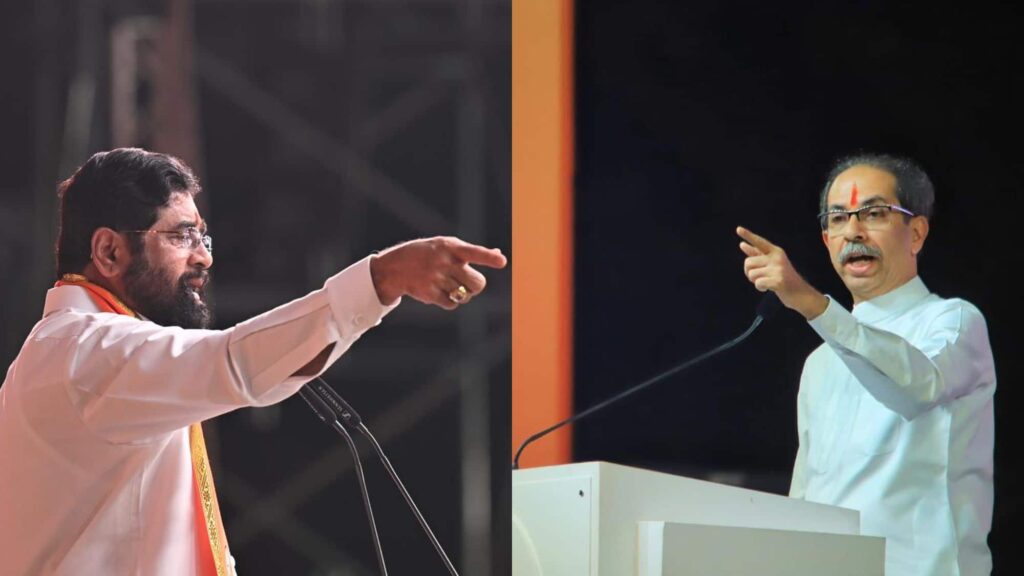Mumbai Political Landscape: Addressing Shinde’s Accusations
In a recent address at Azad Maidan in Mumbai, Chief Minister Eknath Shinde made headlines with his sharp criticism of the Shiv Sena (UBT), led by Uddhav Thackeray. He accused the opposition of indulging in “appeasement politics” and drew a parallel between the UBT and Asaduddin Owaisi’s All India Majlis-e-Ittehadul Muslimeen (AIMIM). This rhetoric not only highlights the growing political tensions in Maharashtra but also raises significant questions about the implications of such allegations in an increasingly polarized environment.
Context of the Address
Shinde’s speech came amid a backdrop of political instability and fierce competition among Maharashtra’s political parties. The mention of historical figures like Chhatrapati Shivaji Maharaj underscores the ongoing cultural and historical significance in local politics, often used to resonate with regional pride and identity.
Appeasement Politics: Understanding the Accusation
The term “appeasement politics” typically refers to strategies employed by political parties to gain favor with specific community groups at the expense of broader principles or governance. Shinde’s claim suggests that the UBT prioritizes electoral gains over national integrity or unity among communities. This raises the critical issue of how parties engage different demographics and address their grievances.
Historical Symbolism: The Fall of Shivaji Maharaj’s Statue
Shinde referenced an incident involving the statue of Chhatrapati Shivaji Maharaj, which reportedly collapsed. This commentary serves both as a metaphor for the perceived neglect of Maharashtra’s rich heritage under UBT’s governance and as an emotional rallying point for Shinde’s supporters. It reflects a strategy to invoke historical sentiments to galvanize political support.
| Political Entity | Leader | Key Politics |
|---|---|---|
| Shiv Sena (UBT) | Uddhav Thackeray | Appeasement, Regional Identity Politics |
| Shiv Sena (BRS) | Eknath Shinde | Nationalism, Historical Relevance |
| AIMIM | Asaduddin Owaisi | Community Advocacy |
Implications for Maharashtra’s Political Future
The exchange between Shinde and Thackeray signals a deepening divide in Maharashtra’s political landscape. As parties continue to draw lines in the sand and leverage historical figures for contemporary political gain, the future of state politics appears to be heading towards a more combative and possibly factionalized environment.
Conclusion
Shinde’s accusations against the UBT during his address at Azad Maidan not only reveal the current political friction in Maharashtra but also demonstrate the strategic use of historical narratives in contemporary political discourse. As Maharashtra navigates its complex political waters, the challenge for all parties will be to balance these narratives with practical governance, community engagement, and national unity. The interactions among political factions will undoubtedly shape the region’s future, making the upcoming events crucial for understanding Maharashtra’s political dynamics.
